The American economy, showcasing its resilient growth in 2024, has encountered a puzzling phenomenon: a sudden downturn in the stock market that has left investors scratching their heads. Despite the seemingly robust performance of the economy, underlying fears about inflation persist, leading to a dampening of market confidence. The crux of the worry centers around whether the ongoing economic recovery might hinder the return of inflation rates to pre-pandemic levels. This curious juxtaposition raises questions about the sustainability of economic growth amidst inflationary pressures.
Recent data released last Friday indicated a steady labor market, with the U.S. economy adding 256,000 jobs in December and the unemployment rate continuing its decline. Bernard Baumohl, Chief Global Economist at the Economic Outlook Group, heralded this as a positive sign, stating that the U.S. economy is stepping into the new year with "remarkable momentum." This optimistic outlook could be reinforced by forthcoming economic indicators. The robust retail sales during the holiday shopping season exemplify the underlying strength of the American economy and hint that consumer spending remains vigorous. However, a simultaneous uptick in the consumer price index (CPI) and producer price index (PPI) during December has heightened concerns about inflation control, casting a shadow over market optimism.
The potential for economic growth propelled by tax cuts and deregulation has been a focal point of policymakers, with the theoretical backing that such strategies could invigorate economic performance. Yet, as the economy continues its upward trajectory, coupled with commitments to impose additional tariffs, sustainably managing inflation emerges as an intricate challenge for the Federal Reserve. Elevated consumer demand, alongside rising labor costs, is likely to exert upward pressure on prices, exacerbating inflation concerns. Sam Bullard, Senior Economist at Wells Fargo, remarked, "The progress on inflation over the past year has been relatively slow, highlighting the formidable task ahead of bringing inflation back within target ranges. U.S. policies could indeed intensify inflationary pressures."
The recent stock market plunge can also be traced to the dawning realization among investors that the Federal Reserve might not pursue aggressive rate cuts as previously anticipated by Wall Street. Lower interest rates typically provide a stimulus to economic expansion, rendering stocks more appealing compared to bonds—this expectation has propelled market growth in the past. However, the present economic landscape implies that the Federal Reserve may opt to maintain a tighter policy position in the coming months, or even enact rate hikes to address the rising inflation. Such a shift introduces uncertainty into the forecast for stock market growth, inevitably impacting investor sentiment.
Some economists speculate that the Federal Reserve may refrain from implementing rate cuts into 2025, potentially necessitating further hikes to rein in inflation. Should the Federal Reserve act by raising rates to counter inflation, the ramifications for the stock market could be dire, threatening an uninterrupted four-year stretch of economic expansion. Baumohl raised a pertinent question: "Is the Federal Reserve's strategy to combat inflation gradually losing its efficacy?" While most economists, including Baumohl, do not deem the central bank's monetary policies a complete failure, it is clear that the circumstances have shifted significantly since last autumn. Back then, the Federal Reserve was actively lowering rates while hinting at more cuts ahead; now, investor anxiety centers around a potential resurgence of inflation.
The CPI data suggests a troubling trend, with inflation on the rise in recent months. Year-over-year inflation rates have rebounded from 2.4% at the end of last summer to an anticipated 2.9% by December. Market projections indicate a potential month-over-month CPI growth of 0.2% for December, while core CPI, which excludes food and energy prices, may experience a slowdown to the same 0.2% growth rate but still hover around 3.3% year-over-year. Likewise, data from the PPI hints at rising production costs, forecasting a monthly increase of 0.3%, with the year-on-year rate expected to exceed 3%, reaching 3.4%.
Nonetheless, as 2024 draws to a close, the American economy continues to show signs of robust recovery. Economists predict a 0.5% growth in retail sales during the final stages of the holiday shopping season, underscoring the vigor of consumer spending. Low unemployment rates, rising incomes, and the wealth effect from stock market and real estate price increases augment consumers’ spending abilities, positioning consumer expenditures as a vital engine driving U.S. economic growth. Furthermore, consumer spending elasticity alleviates the pressure on companies to downsize, thereby supporting the robustness of the American labor market.
Expectations surrounding potential pro-business policies from the U.S. government may further encourage businesses to increase hiring. Recent employment reports reaffirm that companies remain eager to recruit, suggesting a brighter employment future. Economists at Morgan Stanley recently noted that the American economy is entering the new year on strong footing, despite the looming specter of inflation.
This optimistic economic outlook could serve as a buoy for performance in the months ahead; however, it is accompanied by heightened vigilance regarding inflationary risks. Overall, although the economy showcases vigorous growth, the landscape remains fraught with uncertainty, particularly in relation to inflation dynamics that may shape Federal Reserve policies and exert far-reaching effects on the stock market.




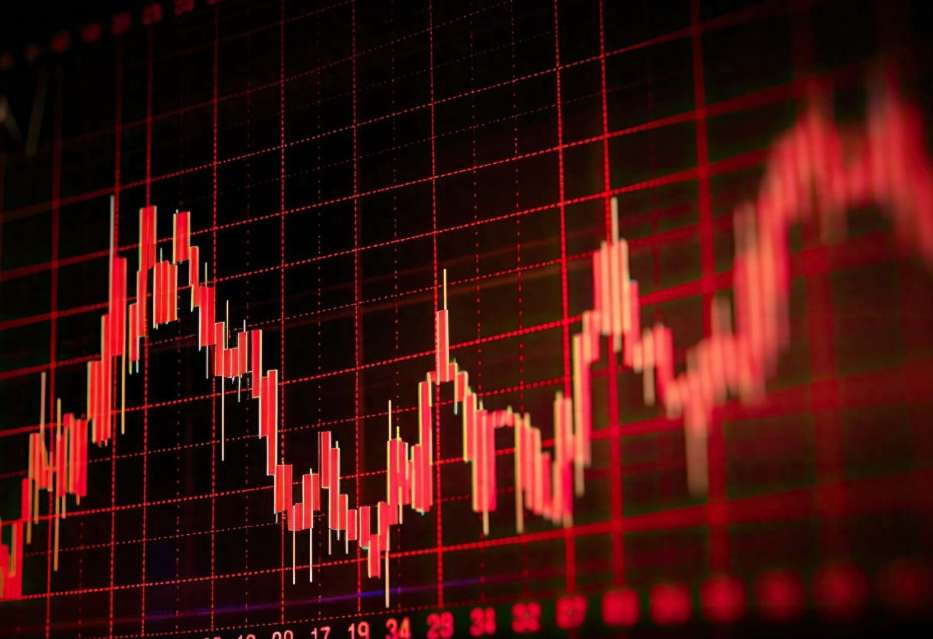



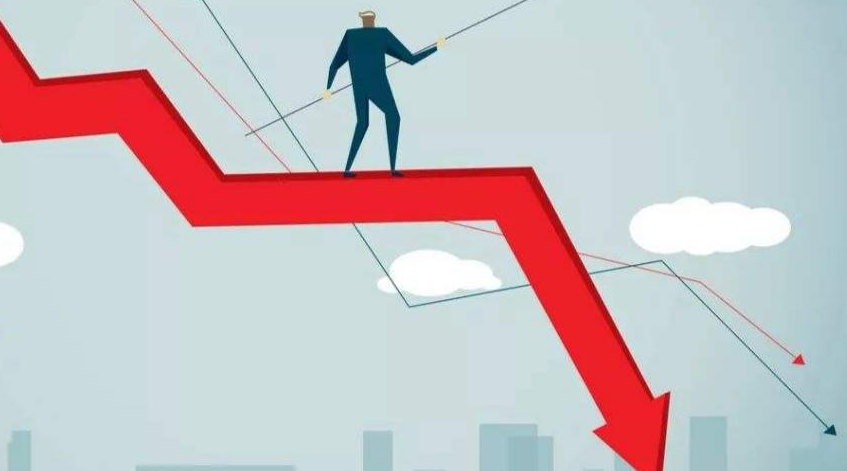






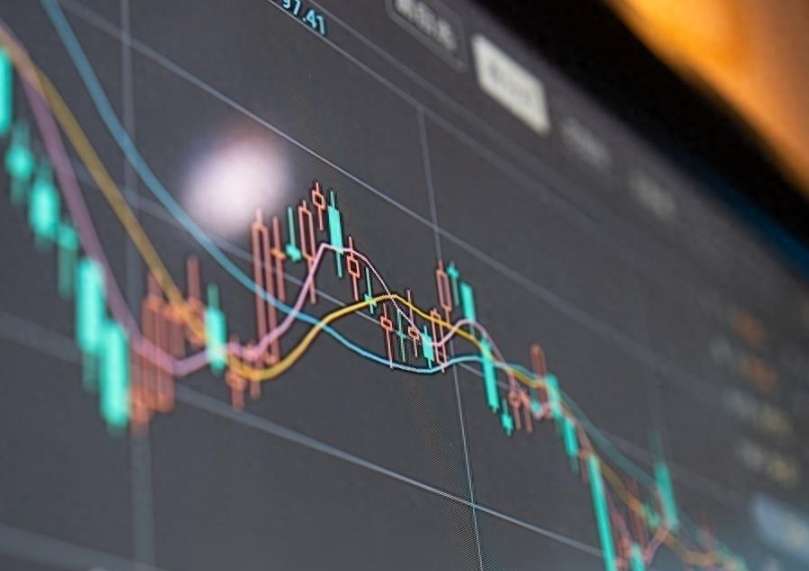








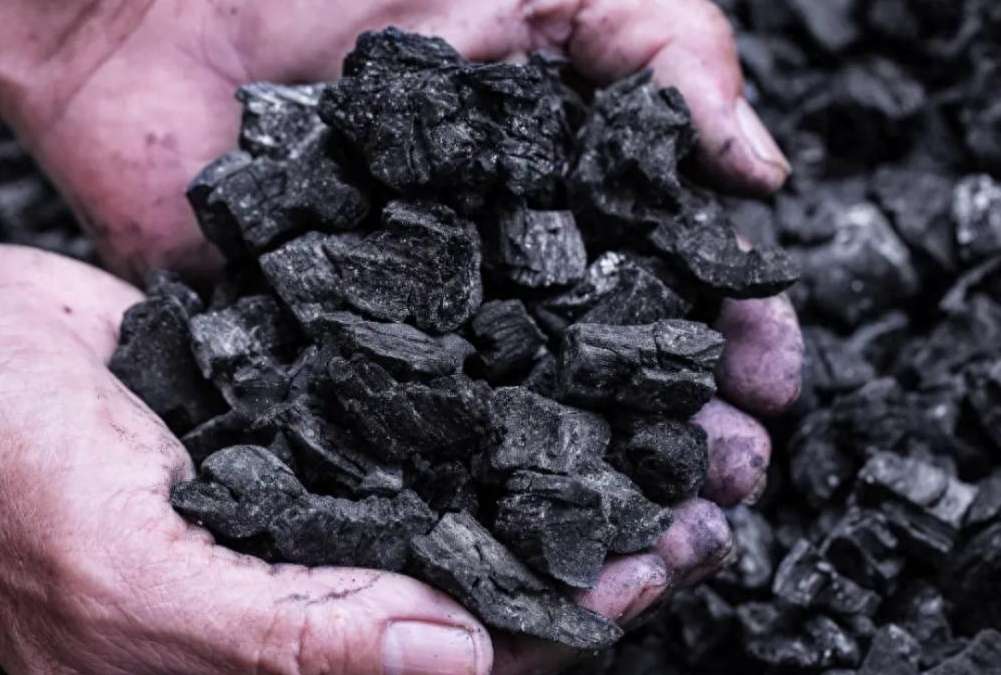

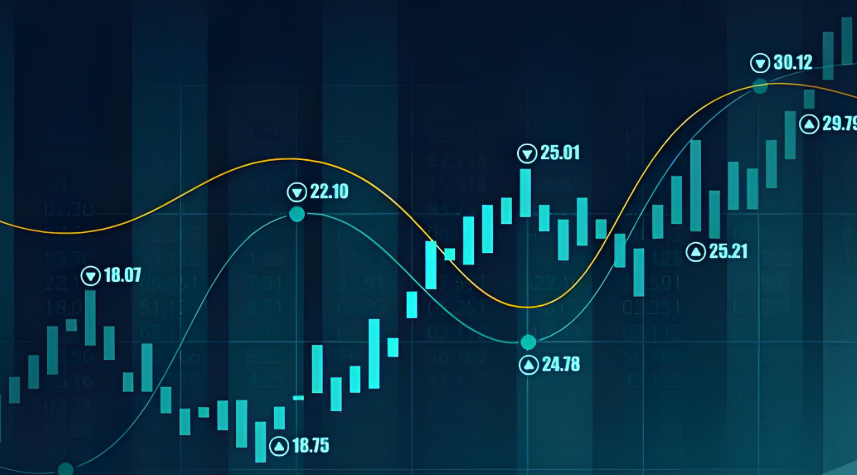
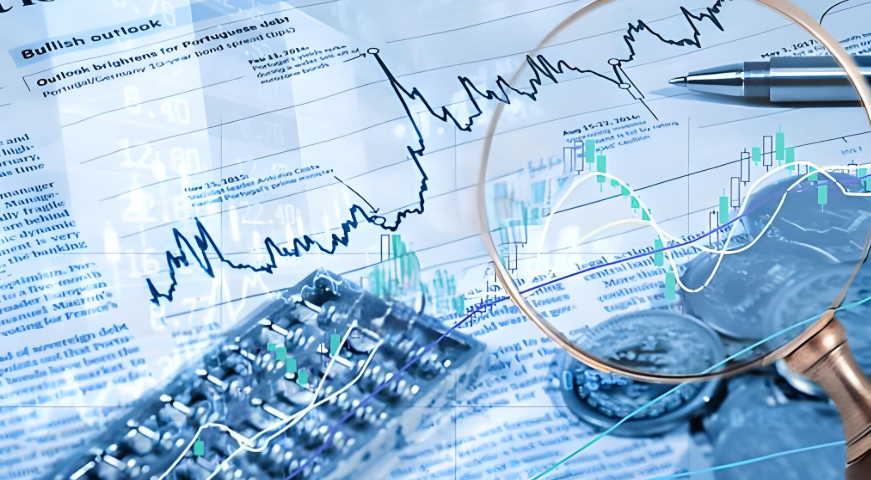
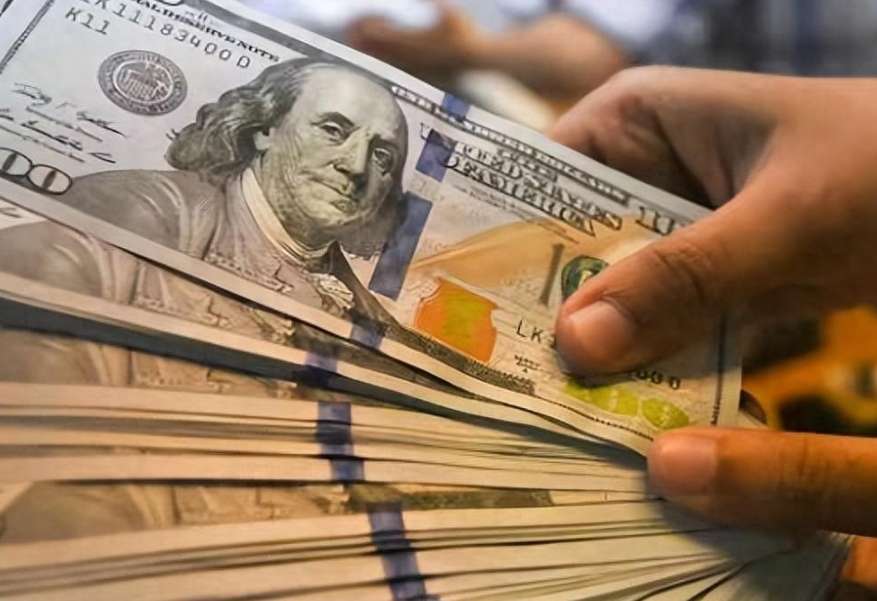

Share Your Thoughts